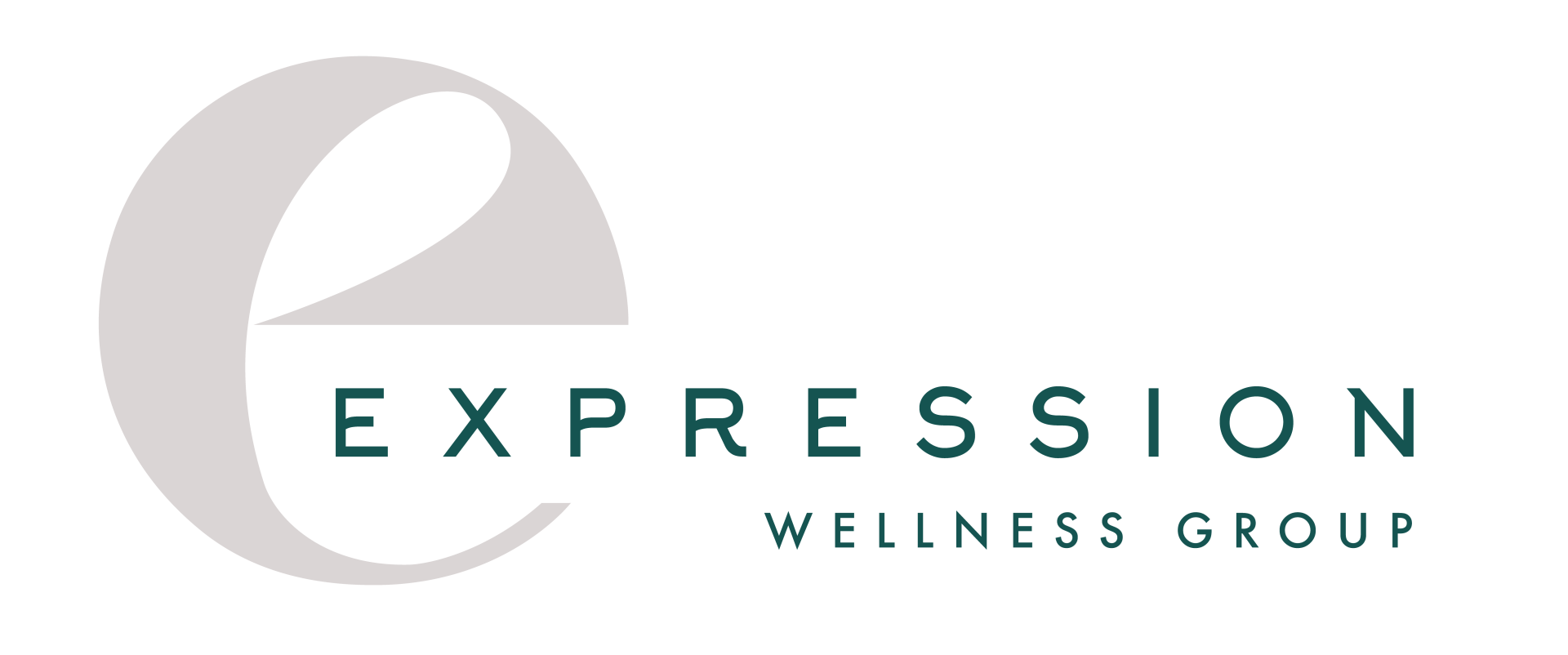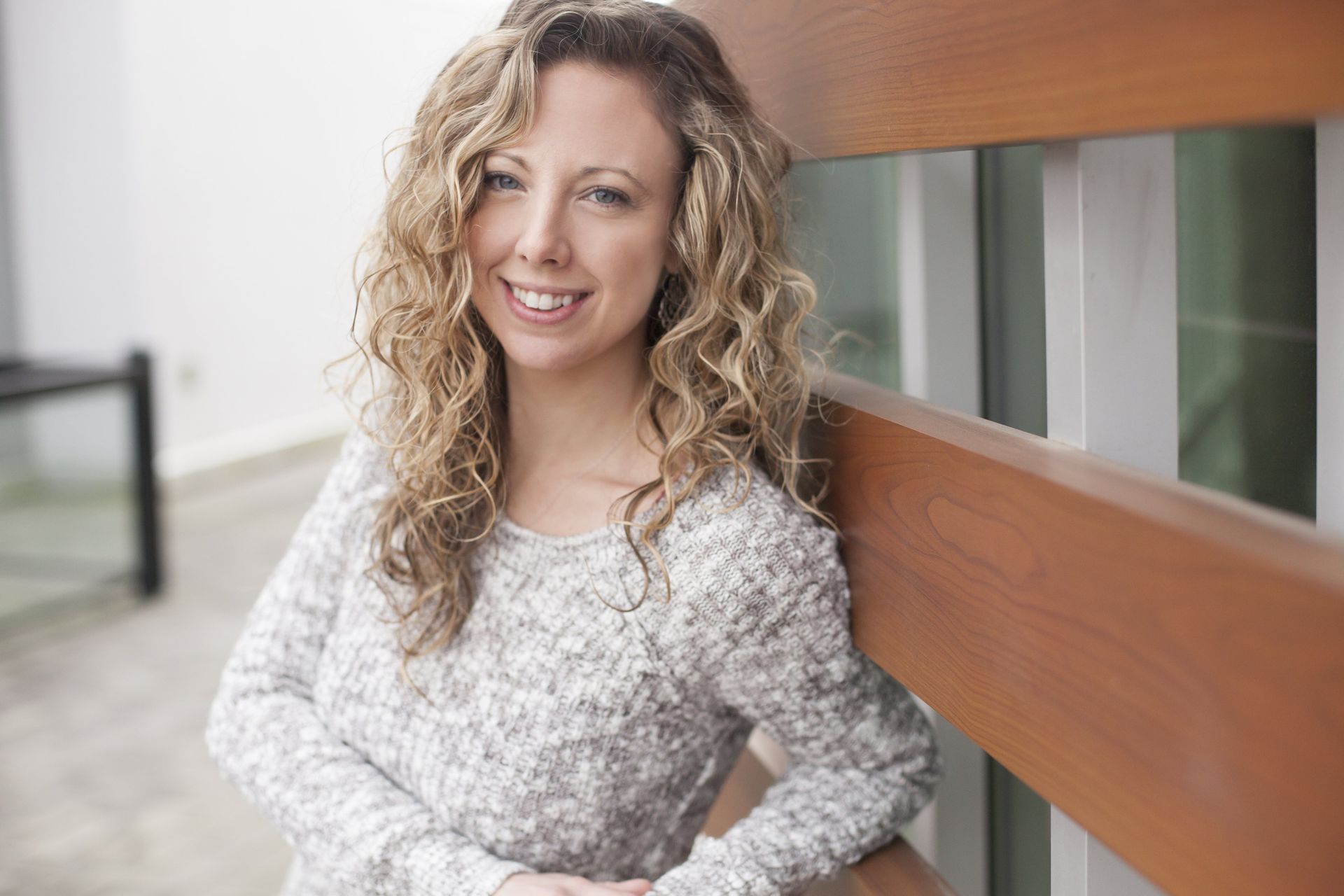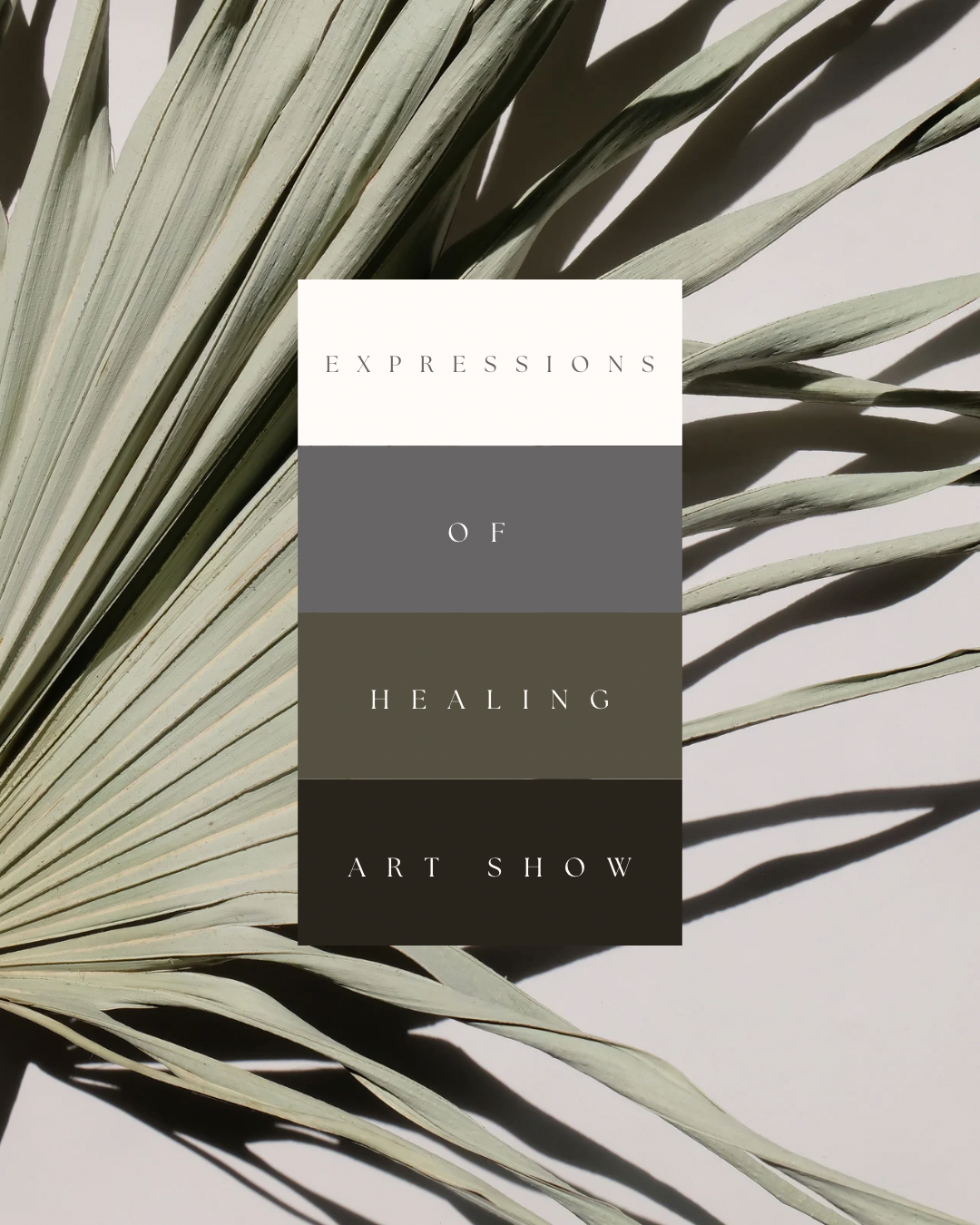Too many relationship atrocities are committed in the name of love. I’ve seen it in my own life, and I’ve seen it in the counselling space. Partners who judge, criticize, control, demean, betray, and ignore. Couples who treat each other with complete and utter disdain and contempt. When I meet these people I always ask: “Why do you stay? What keeps you together?” More often than not, if it’s not for the children, the response is: “Well, I love them.”
Now being humbly and imperfectly human, I cannot claim to be an expert on love. In the deepest part of my spiritual self, I believe love is the ultimate life lesson. A life lesson that often seems impossibly hard to achieve in the face of such challenging demands on our physical and emotional selves. Nevertheless, I think it is what we should each aspire towards, each day.
Now this will come as no surprise to anyone who has actually been in a long-term relationship, but we have been fed a whole lot of garbage about love and romance. And the greatest lie of all: love is a feeling.
People! Feelings are fickle creatures. With our partners we can feel passion, affection, intimacy, anger, resentment, emptiness, and then back to passion again, all in the same week. Plain and simple, love is much more than a feeling.
Love is a verb. Love is an action. Love is a choice. One we make every day. Love is something we give . And hopefully, when we are out there picking our life partners, we pick one who is capable of giving love back in return. Now that, my friends, is the makings of a happy, healthy, relationship.
What are the actions of love? The best description I’ve come across is from an often cited biblical verse that I think holds relevance for everyone, regardless of spiritual beliefs. About love, Corinthians 13:4-8 says:
- It is patient
- It is kind
- It does not envy
- It is humble
- It does not dishonor
- It is selfless
- It is not easily angered
- It does not keep score
- It is full of truth and honesty
- It protects
- It perseveres
And I’d like to add:
- It accepts unconditionaly
- It respects
- It takes responsibility
- It forgives
Love calls us out of a pattern of taking, blaming, and victimhood (no easy task given our programming), and instead requires us to embody those above characteristics.
If you are in a relationship that is on the rocks, or maybe you’re struggling with the thought: “I don’t even know if I love them,” or simply, perhaps you recognize there’s room for growth in your relationship, there are some questions you can ask yourself to guide you on this journey.
On most given days (taking into account some days are less than our best, and certain life seasons requires one partner gives more):
- Am I able and willing to be patient and kind?
- Am I able and willing to accept all of my partner, even the bits I don’t particularly like?
- Am I willing to protect them?
- Am I willing to be truthful and honest?
- Have I dealt with my own emotional baggage so anger, jealousy, manipulation, and control are kept to a minimum?
- Can I love without keeping score?
- Can I take responsibility for my actions and shortcomings?
- Can I forgive and move forward without resentment?
I won’t offer up advice on how to proceed once you’ve worked through these questions because each relationship holds within it complex histories and dynamics. What I can say, is that both you and your partner deserve a relationship where you can answer “yes” to the above questions. If your answers lean towards “no” or land in grey areas, it’s likely a signal that personal work and/or relationship choices need to be made.
What I also want to make clear, is that it’s not a personal failing if you cannot answer “yes.” If we are in relationship with a person who is unable to embody the characteristics of love, and unwilling to acknowledge the harm they are causing, it is okay if we love ourselves enough to say “no.”
What I also want you to take from this blog is that love is not an elusive thing. It is within you, always.
If you are struggling in relationship, I can’t overemphasize seeking support and guidance. Relationships can be both the hardest, and most beautiful thing in the world.
Wishing you peace,
Christina




